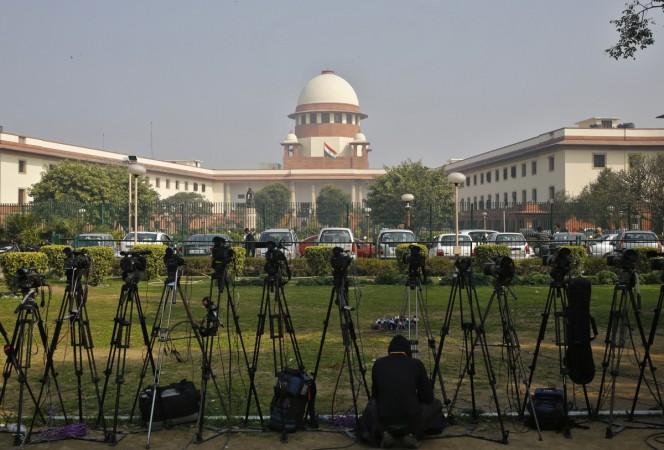
The Supreme Court on Wednesday, September 5 dismissed a petition seeking the removal of certain excerpts from noted author S Hareesh's novel Meesha.
Petititoner N Radhakrishnan had sought a ban on the publication or circulation of the novel stating that it was offensive to Hindu priests and showed temple-going Hindu women in bad light. It had also alleged that the novel had a specific objectionable dialogue about Brahmins which the petitioner felt was a racial slur. The plea had been opposed by the central and state governments.
Upholding writers' creative imagination, the apex court dismissed the case stating that the craftsmanship of a writer deserves to be respected. A bench headed by Chief Justice Dipak Misra and Justices AM Khanwilkar and DY Chandrachud said that "subjective perceptions about a book should not be allowed to enter legal arena when it comes to censorship."
The bench added that the "writer's imagination must enjoy freedom" and that a book should not be read in a "fragmented manner" but in its entirety. It also noted that a writer should be allowed to play with words just like a painter is allowed to play with colours.
A state government employee, S Hareesh is a prolific Malayalam writer based out of Kerala's Kottayam district. The 43-year-old novelist had been subjected to threats and attacks on social media for penning down a novel which criticised temple-going women. Following the protests, he had withdrawn his novel.
Set in the backdrop of Kerala's social life 50 years ago, the novel was being published by Mathrubhumi chapter by chapter but Hareesh decided to withdraw the novel after only three chapters had been published. The novel was released by DC books on August 1.

















